Introduction
Department of Marketing and Logistics Management
I In the past few decades, the manufacturing industry in Taiwan has experienced offshore relocations, which have resulted in a shift in the local industries’ manpower demand towards the service sector. Consequently, the industrial landscape of the Hsinchu area has also undergone a transformation Previously dominated by technology, it has gradually shifted towards emerging services through expansion and development. Specifically, there has been a rapid growth in the demand for manpower in the logistics, retail, and marketing fields.
To align with the principles of technological and vocational education, we initiated the process of transforming our department for future development in 2010. Our aim was to integrate the educational objectives of the department with the ongoing trends in industrial development and to ensure the timely provision of required human resourced. In 2014, we received official approval from the Ministry of Education to proceed with the transformation and to rename the department of Marketing and Logistics Management.
I In the past few decades, the manufacturing industry in Taiwan has experienced offshore relocations, which have resulted in a shift in the local industries’ manpower demand towards the service sector. Consequently, the industrial landscape of the Hsinchu area has also undergone a transformation Previously dominated by technology, it has gradually shifted towards emerging services through expansion and development. Specifically, there has been a rapid growth in the demand for manpower in the logistics, retail, and marketing fields.
To align with the principles of technological and vocational education, we initiated the process of transforming our department for future development in 2010. Our aim was to integrate the educational objectives of the department with the ongoing trends in industrial development and to ensure the timely provision of required human resourced. In 2014, we received official approval from the Ministry of Education to proceed with the transformation and to rename the department of Marketing and Logistics Management.
The renaming process for the department was carried out through a series of 9 internal meetings held on campus. The initial steps involved establishing the department’s positioning and development direction. This was accomplished through discussions at the Department Development Committee meeting on November, 27, 2012, and the College Development Committee meeting on December 21, 2012. Subsequently, a meeting focused on the department’s curriculum took place on December 26, 2012. During this session, adjustments to the program curriculum were discussed in collaboration with various stakeholders. On February 27, 2013, the department affairs meeting passed a resolution to change the name from the Department of International Business to the Department of the Department of Marketing and Logistics Management.
Further modifications to the curriculum were deliberated upon and implemented during a meeting of the Department Program Affairs Committee on March 6, 2013. Finally, the department’s resolution was approved at the administrative and affairs meetings of the School of Management on April 10th and April 24th,,2013, respectively. It was also approved at the administrative and affairs meetings of the University on May 14th June 19th, 2013, respectively. Finally, the resolution was submitted to the Ministry of Education and approved.
In order to guarantee the rights of students to study after the department changed its name, the department chair made a public explanation of how the university would cooperate on aspects such as program studies, course waivers, graduation certificates, graduation diplomas, and so on. Moreover, class mentors would provide further details to students and answer any questions that they may have, as well as offer guidance on future employment. The department’s name on the diploma was listed as the Department of Marketing and Logistics Management, in compliance with relevant regulations from the Ministry of Education regarding department name changes.
Features of Teaching
Marketing is crucial for the sustainable development of corporations, and Logistics has played a major role in Taiwan’s economic progress. Within Minghsin University of Science and Technology(MUST), the Marketing and Logistics Management department focuses on nurturing talented individuals who can meet the demands of the market, thereby enhancing students’ competitiveness in their careers.
With a diversified curriculum, guidance for professional certifications, practical student projects, development of planning abilities, training in digital skills, and active participation in contests, industry-academia collaborations, exchange programs, and internships, we aim to cultivate students’ theoretical knowledge, practical skills, global perspective, communication abilities, and service enthusiasm, transforming them into professionals in their respective fields.
Faculty
After graduating, students are expected to acquire professional knowledge and practical skills that will enable them to pursue successful careers in marketing and logistics. Employment opportunities include positions in the fields of business promotion, market development, business planning, market research and analysis, e-commerce, online marketing, distribution, logistics management, store services, retail management, procurement management, import and export business, etc. Students will also be qualified to further their studies and pursue advanced degrees in related academic programs at domestic or (through allied US university with MUST) overseas universities or academic institutions.
Learning Environment
The department has classrooms including “International Marketing Classroom”, “Logistics Seminar Room”, “Market Survey Classroom”, “Business Multimedia Classroom” and “E-Learning Classroom” as well as “Brand Marketing Studio”, “MICE Studio”, “English Studio”, “Japan Studio”, “Certification Prep Room”, and “Project Learning Studio” to provide students with diverse, adaptable, complete and in-depth teaching environment and learning resources.
Future Prospects
Students after graduation are expected to develop professional knowledge and practical skills that enable their capability of successful marketing and logistics career development. Employment opportunities include positions in the fields of business promotion, market development, business planning, market research and analysis, e-commerce, online marketing, distribution, logistics management, store services, retail management, procurement management, import and export business, etc. Students are also qualified to continue to study and pursue advanced degrees in related academic programs in domestic or (through allied US university with MUST) oversea universities or academic institutions.
|
600市調雲端應用室
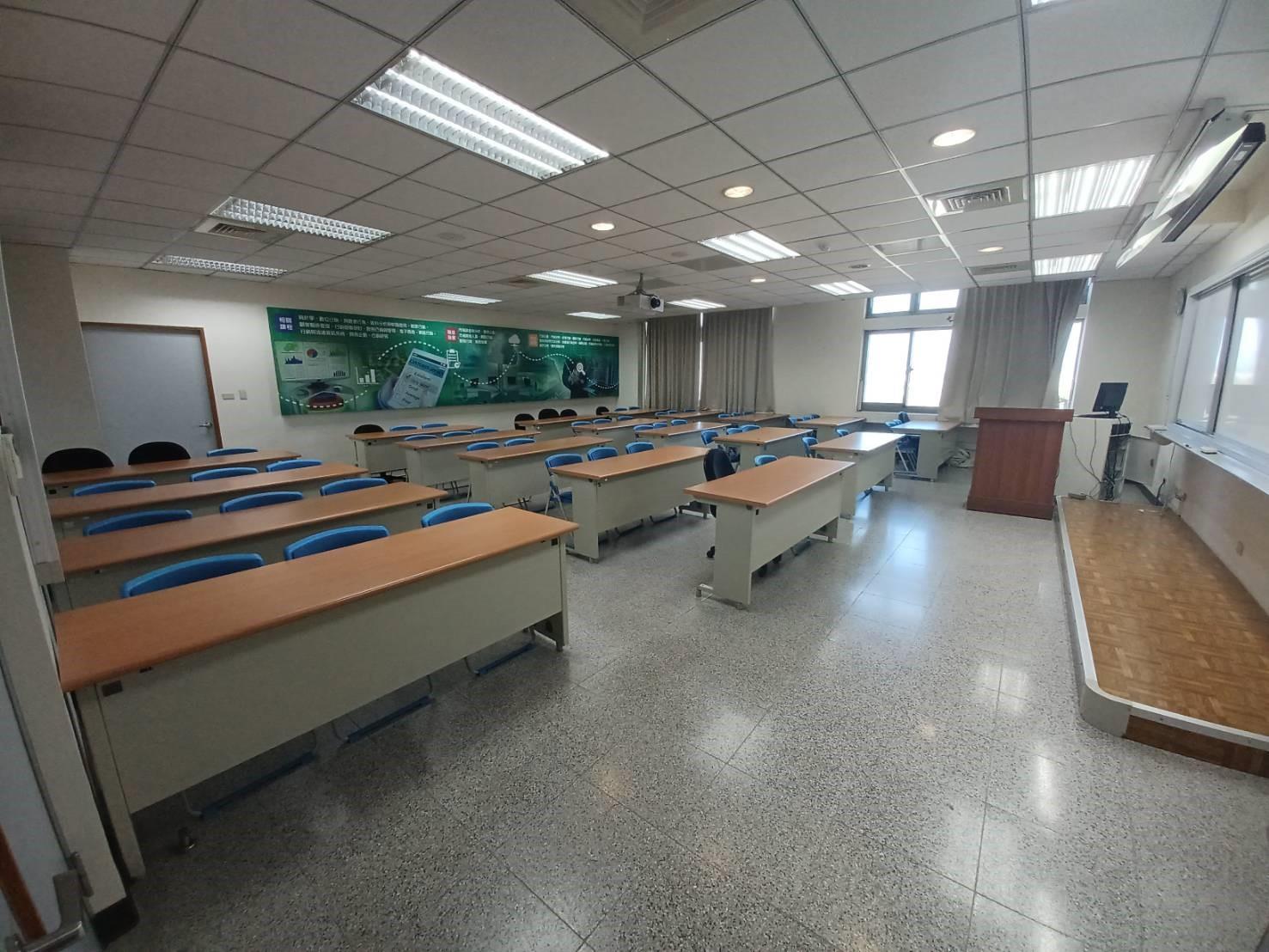
|
601 多功能研討室
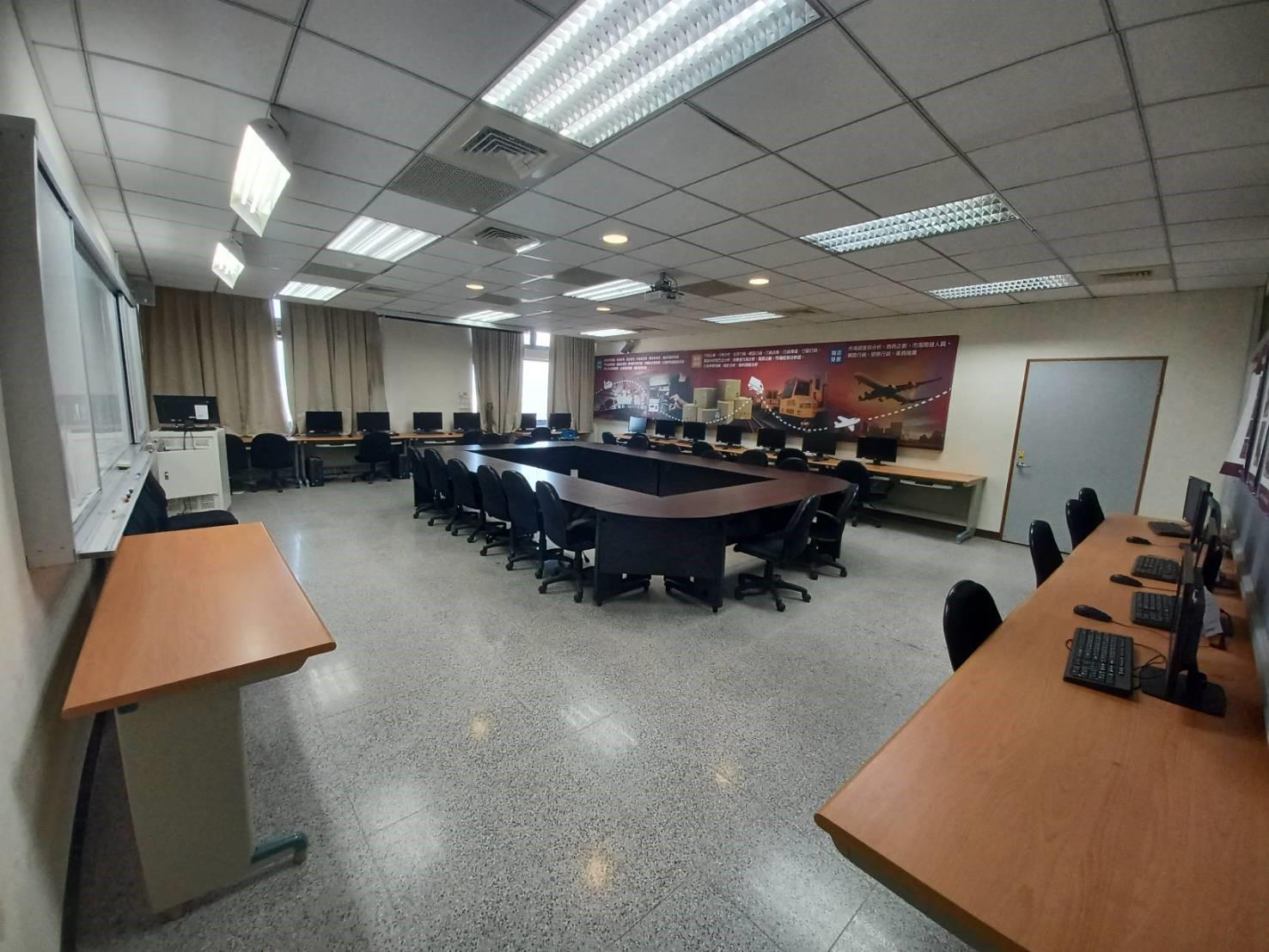 ![]()
|
603 數位應用研討室
![]() 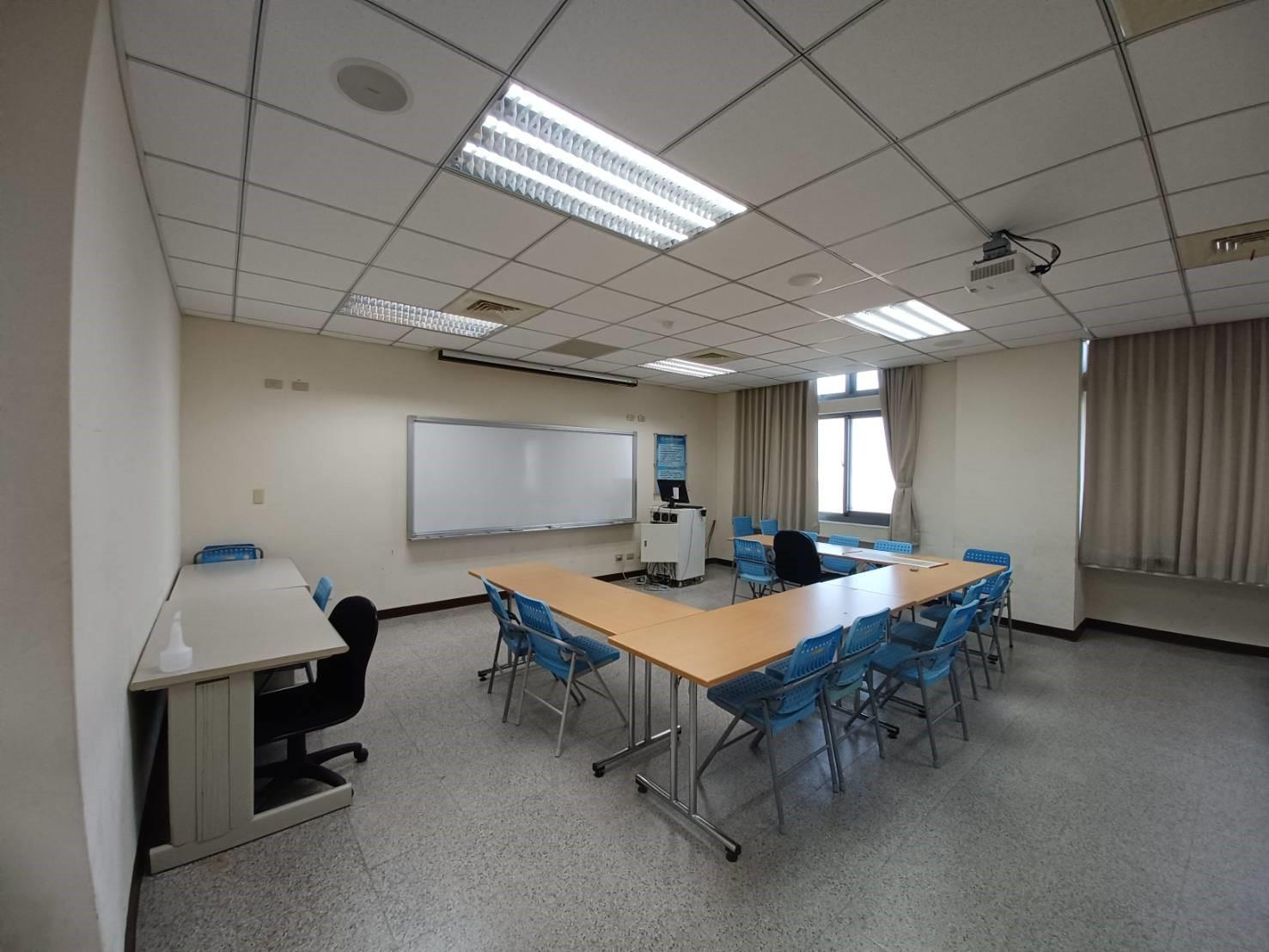
|
606 商用多媒體教室
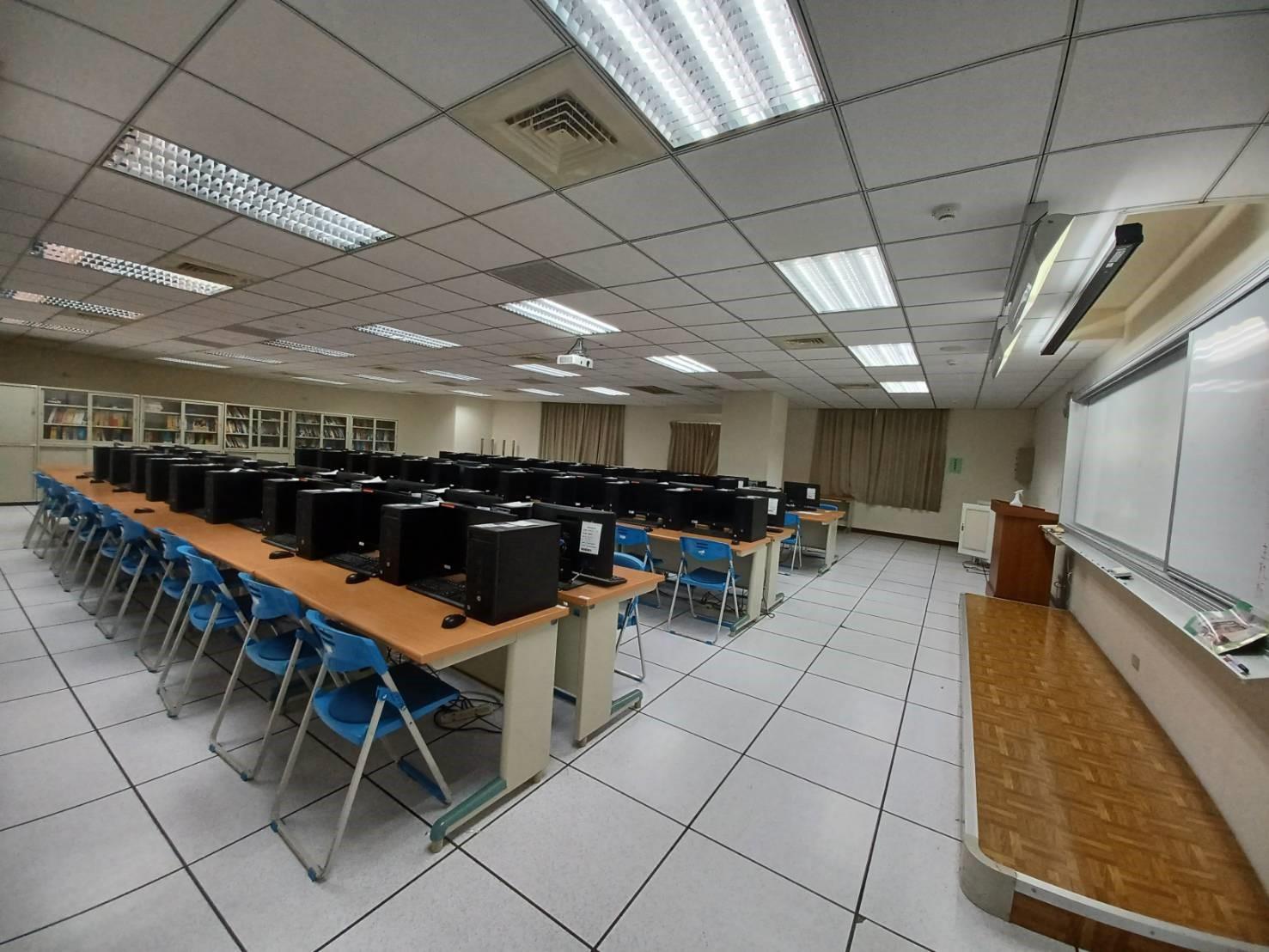
|
|
616證照工作室
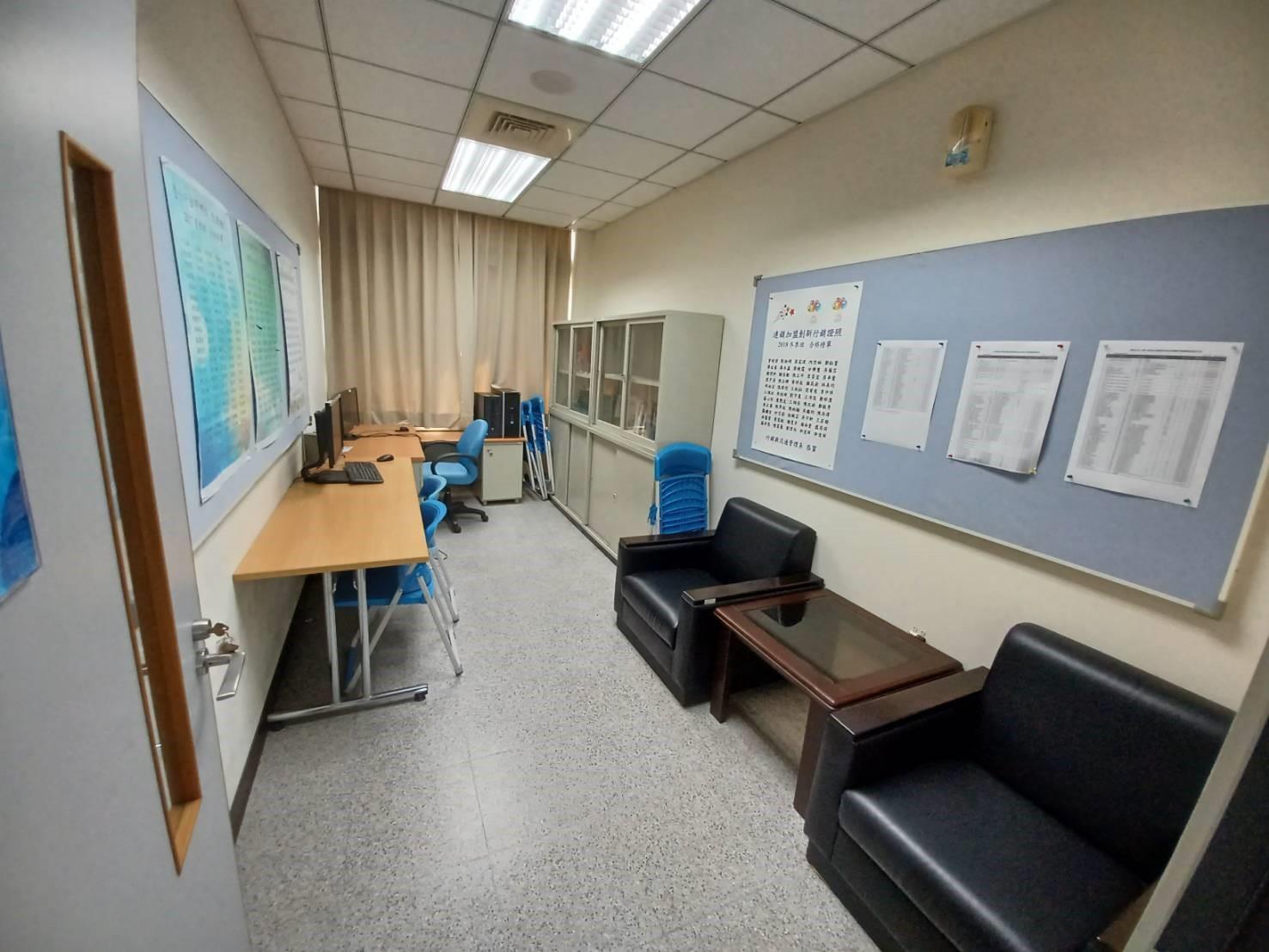
|
618 流通網路工作室
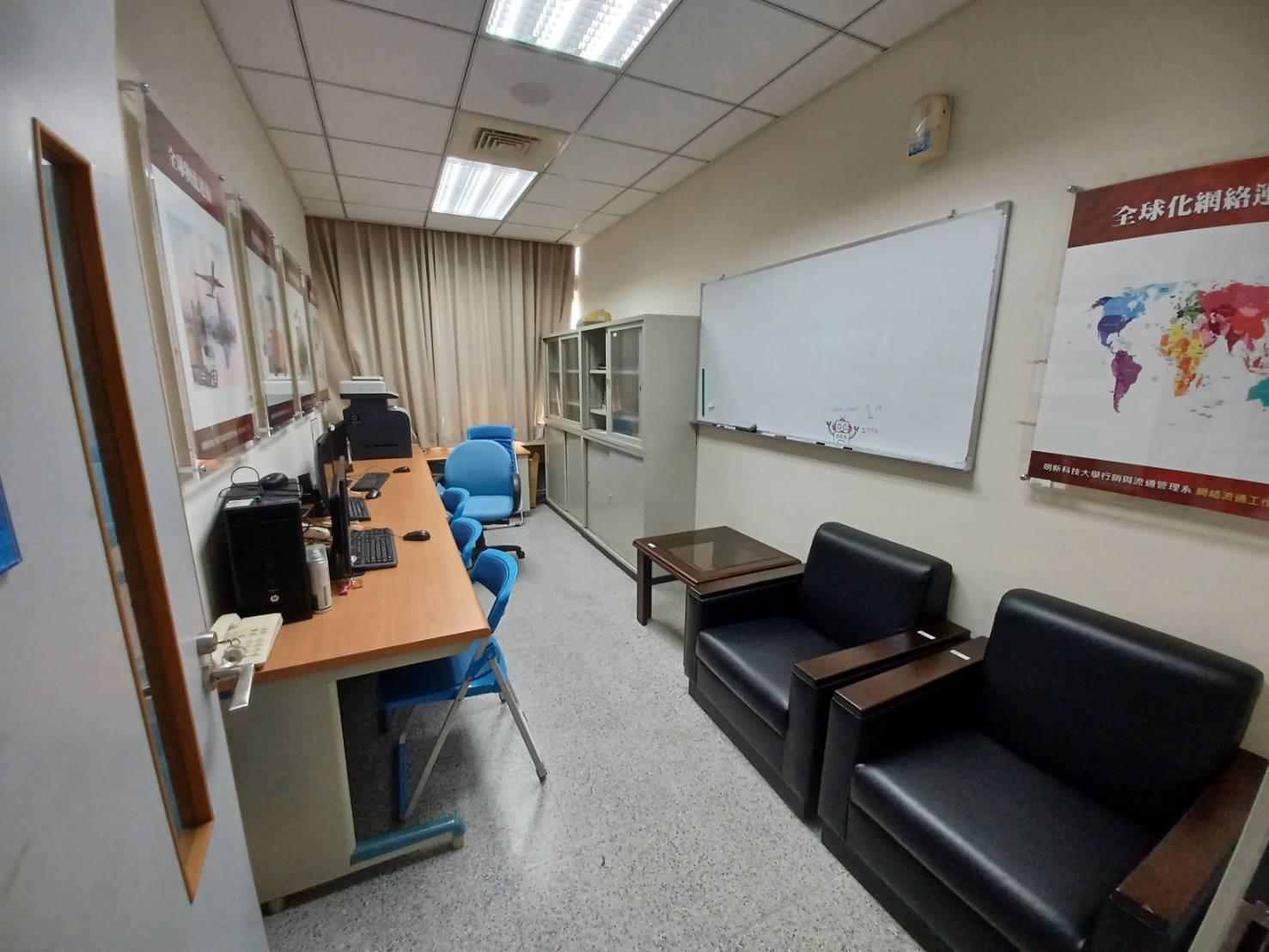 ![]()
|
619 日本工作坊
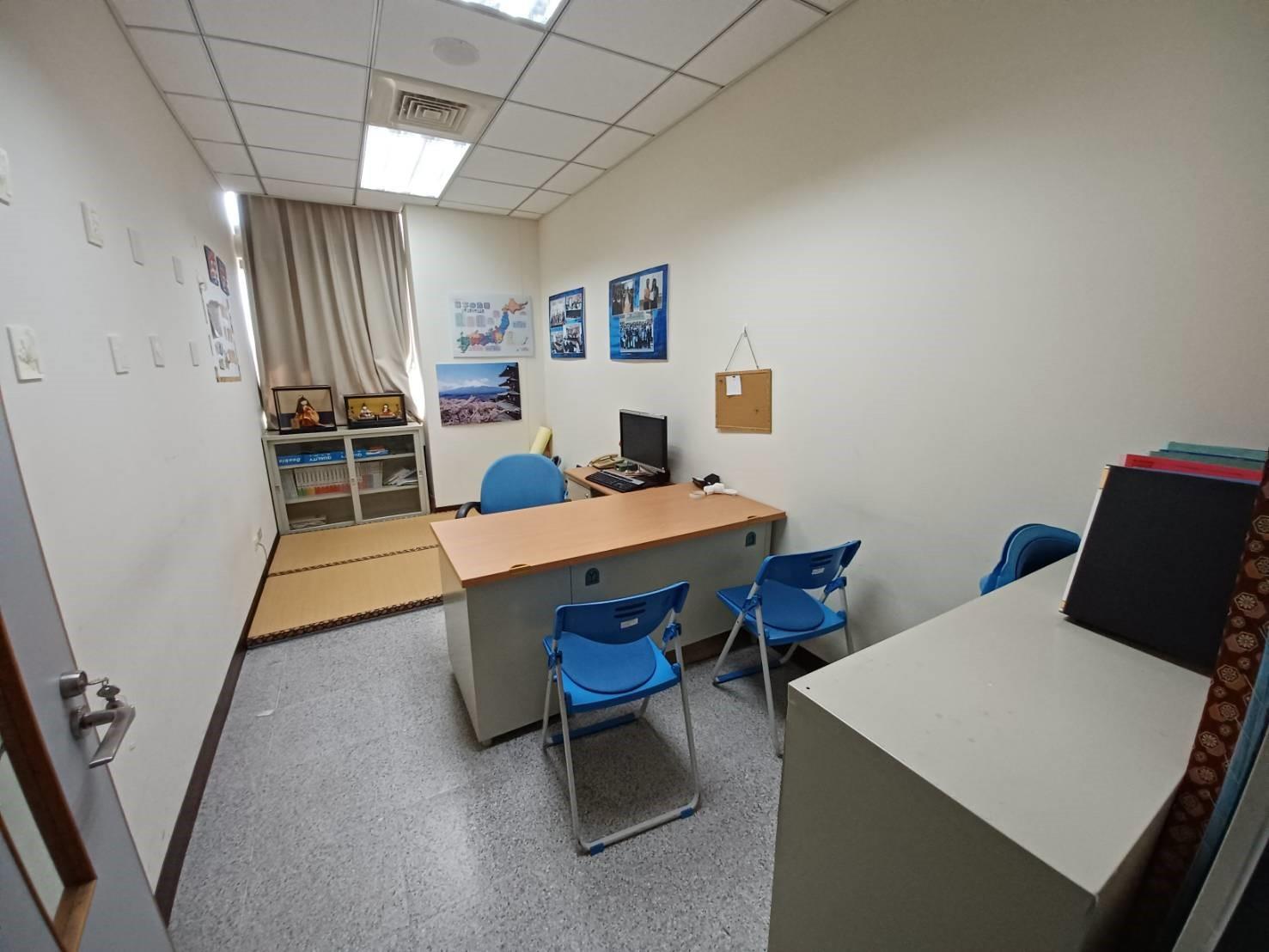 ![]()
|
620 英語工作室
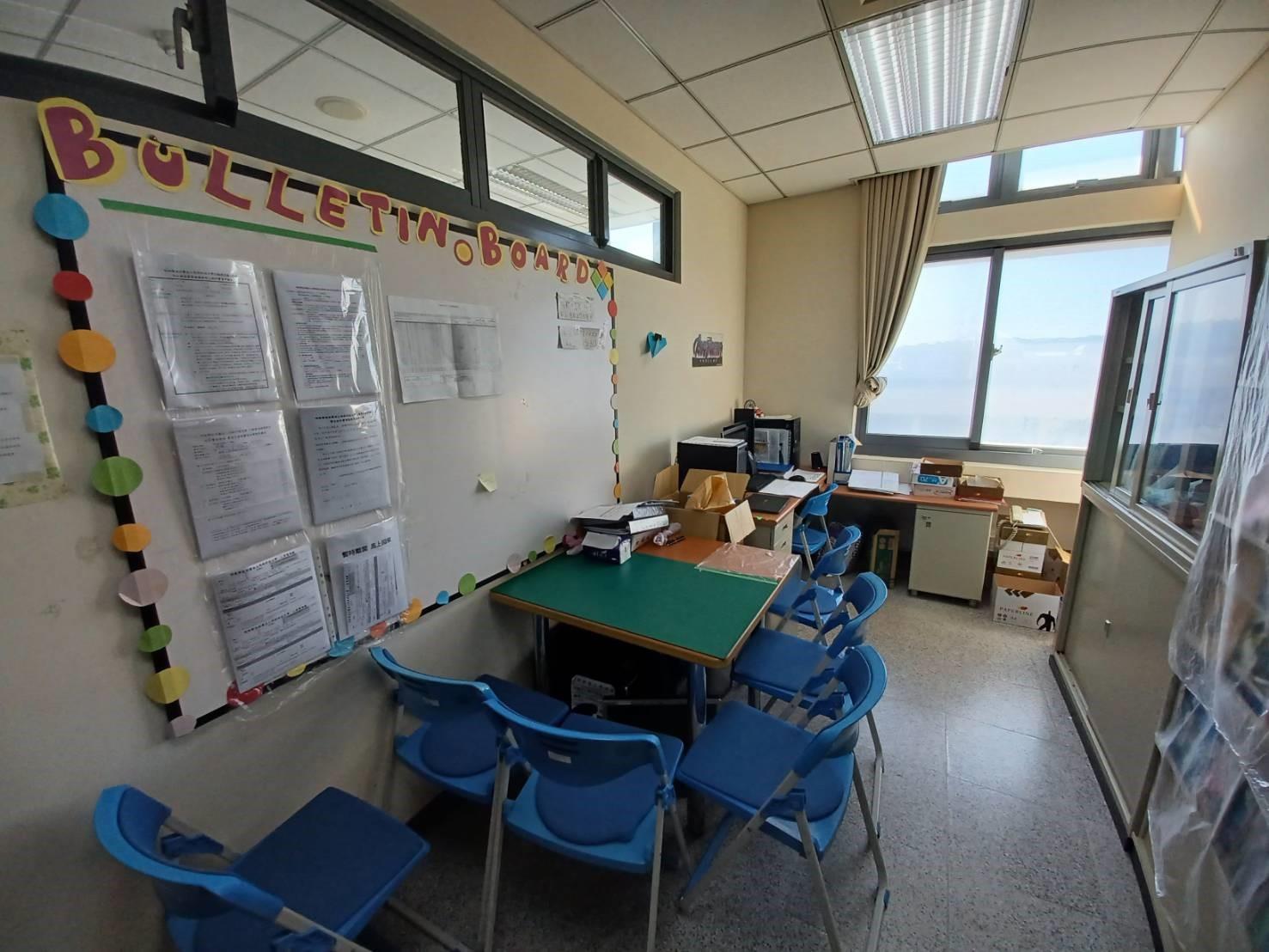
|